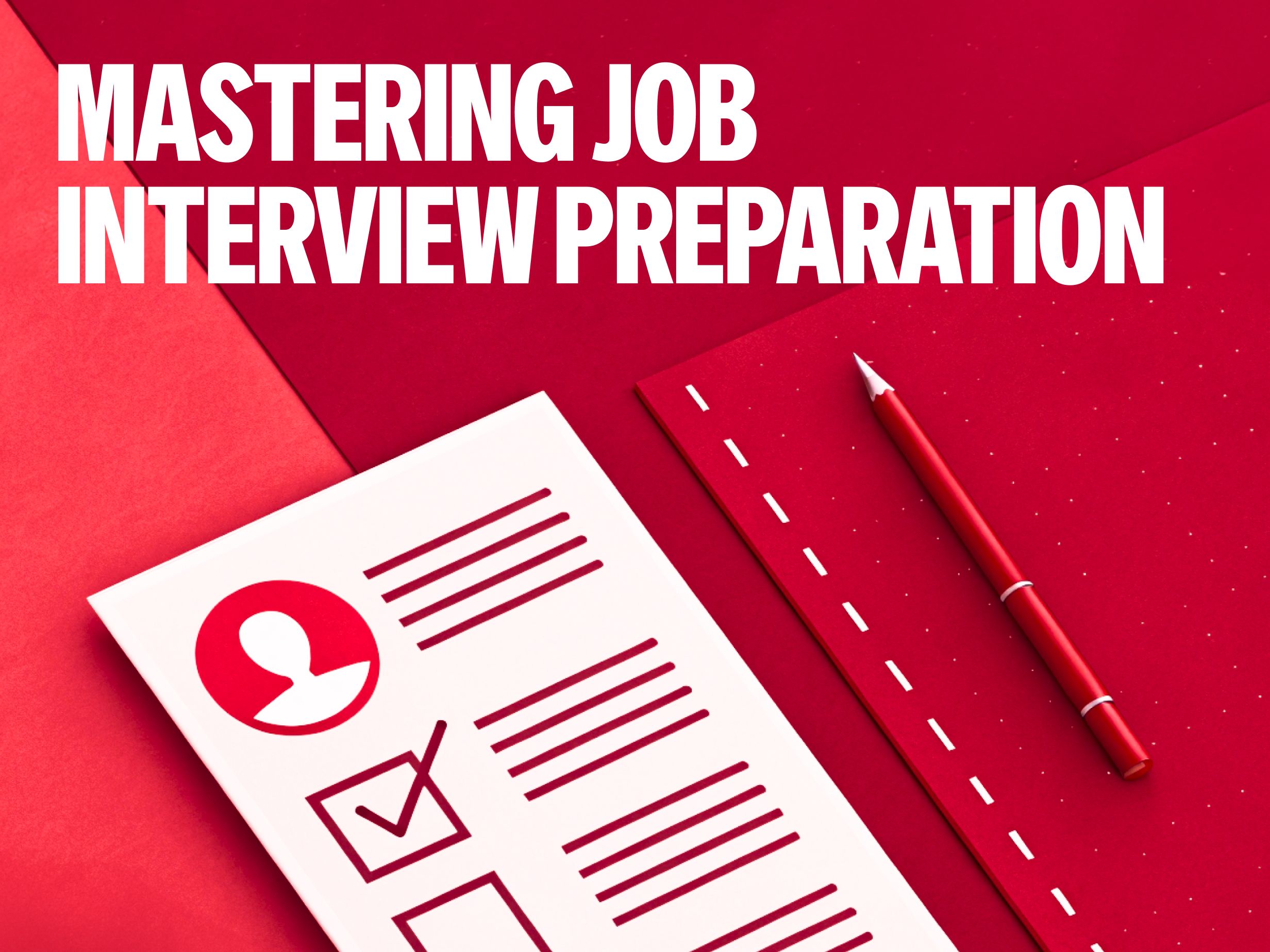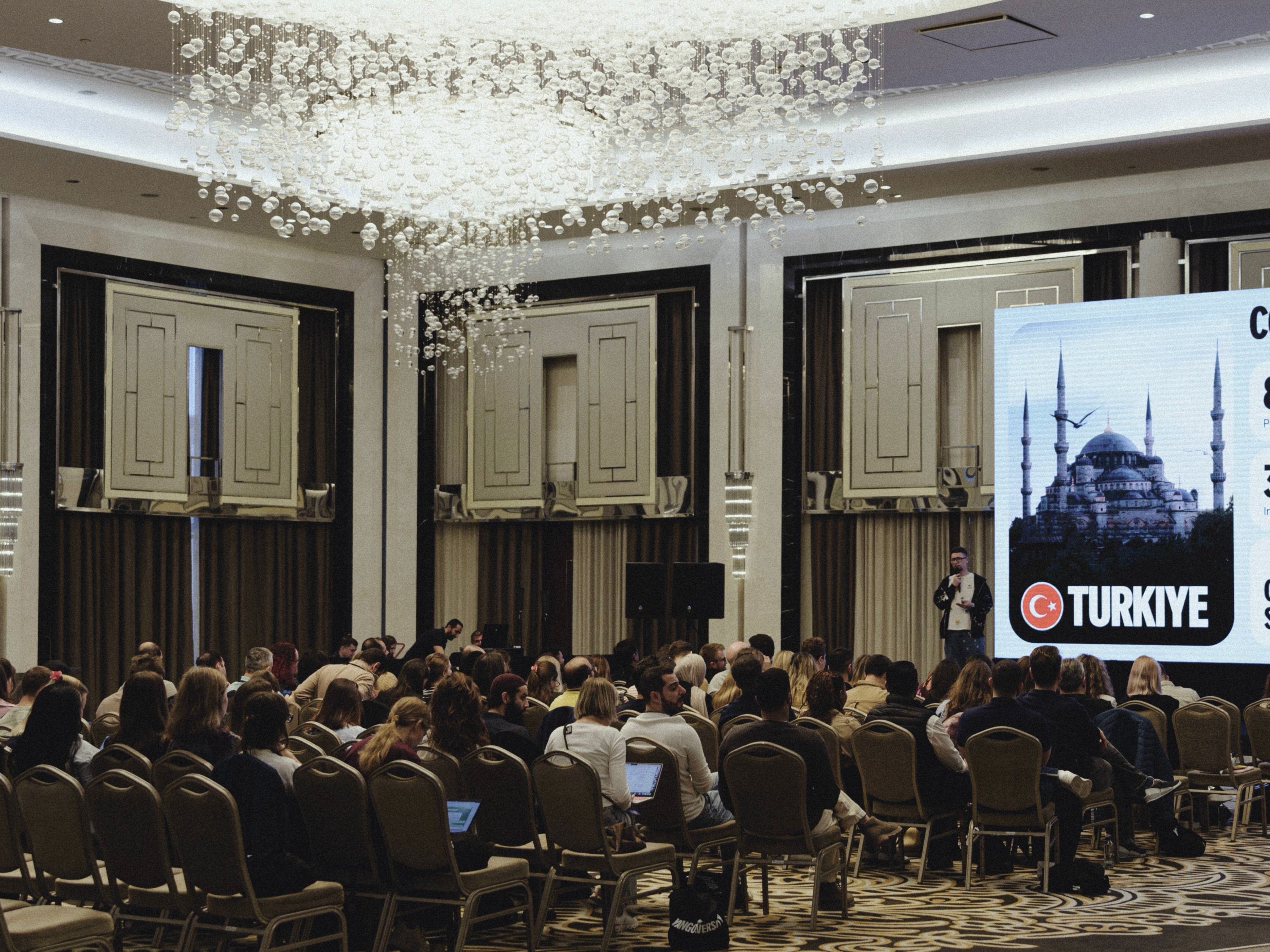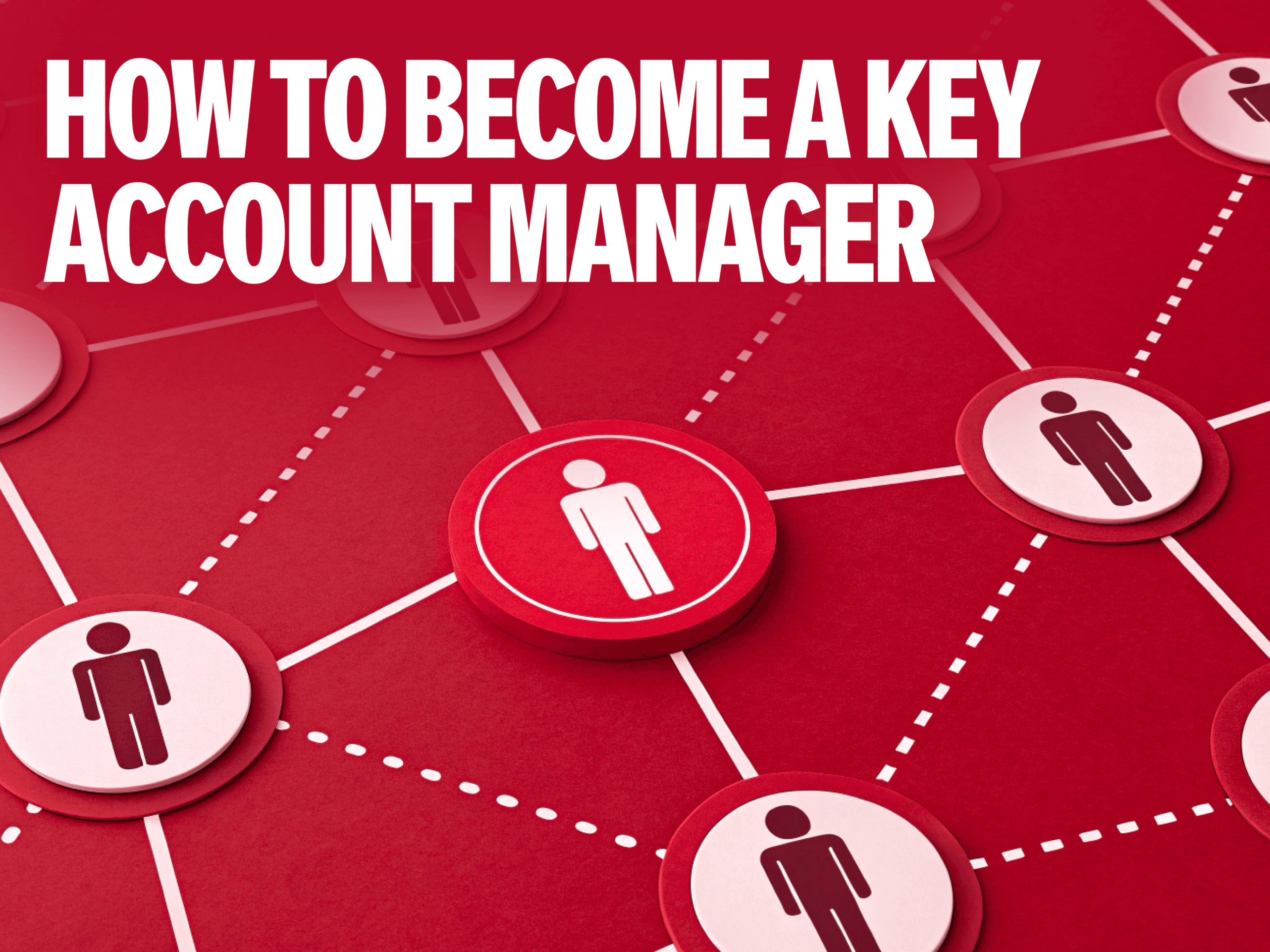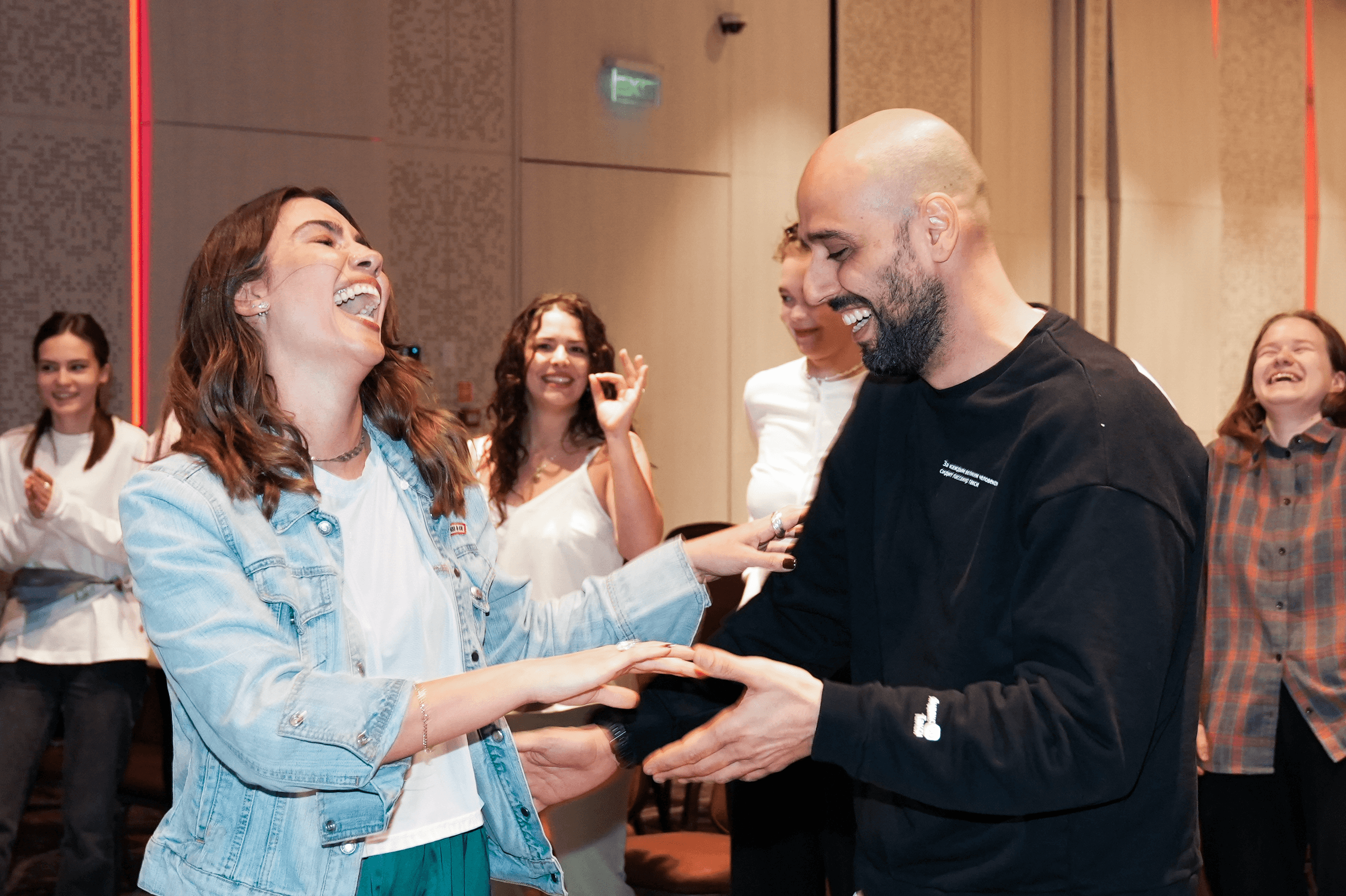Start With the Job Description Carefully
Sounds simple, right? But a lot of people breeze through the job description as if it’s just a list. That’s a mistake. Read it slowly. Read it more than once. Look for patterns — are they emphasizing leadership? Do they want someone detail-oriented? Does the tone feel casual or corporate?All of this gives you insight into the company culture and what kind of answers might resonate during the interview. For example, if the role is described as “fast-paced” or “client-facing,” make sure you’re ready with a few examples of times you’ve worked under pressure or handled communication smoothly. And don’t forget — the job description carefully written by a recruiter usually includes more than just tasks. It often hints at what kind of person succeeds in that role. So, read between the lines. Then connect that to your actual experience in a natural, human way.

Do Some Actual Research on the Company
Basic rule: don’t walk into an interview knowing less than what’s publicly available about the company. That means going beyond the homepage. Google them. Check their press releases, blog posts, and recent social media activity. What are they excited about? What challenges might they be facing?When you do this kind of digging, it shows up in your tone and your conversation. You’re not just showing interest — you’re showing commitment. Mentioning a recent product launch or referencing a quote from their CEO can make you stand out in a room full of people saying, “I just love your mission.”And here’s another benefit: you’ll be able to ask smarter, more thoughtful questions at the end of the interview — and yes, we’ll get to that. And the more intentional you are with your research, the more confident you’ll feel going into the interview. It’s not just about checking a box; it’s about actually understanding who you're talking to and why that matters.In fact, using AI tools to prep for interviews is becoming more than just a nice-to-have. A 2025 LockedIn AI study found that 77% of people who used AI for things like company research or interview simulations landed higher-paying roles — compared to just 48% of those who didn’t. So if you're using tech to help you prep, you’re not just being smart — you're ahead of the curve.
We really want to see candidates who’ve done their homework. People who understand what our company does and who show genuine interest in being part of it.
Practice With Common Interview Questions
This is where things get real. You can’t know exactly what the interviewer is going to throw at you, but you can get familiar with the most common interview questions.Such as:
- “Tell me about yourself.”
- “Why do you want this job?”
- “What are your career goals?”
- “What would your family members say is your best quality?”
Try the CAR method — Challenge, Action, Result. It’s like STAR but a little leaner. Clean, simple, no fluff — and way easier to remember when you're nervous.
Be the One Who Asks Great Questions
Here's where a lot of people miss out. When the interviewer asks if you have questions, don’t say “No, I think I’m good.” That’s a missed opportunity. Come prepared with questions — and make sure they go beyond salary or job title.Try these:
- “What’s a typical day like in this position?”
- “What kind of person tends to do well on your team?”
- “How would you describe the work environment?”
Don’t Ignore Body Language and Eye Contact
You could be saying all the right things, but if your body language is off — slouched posture, crossed arms, lack of eye contact — it sends the wrong message. These small things have a bigger impact than you might think.Sit up, nod when they speak, smile naturally. Don’t fake it — just focus on being present. People remember how you made them feel, not just what you said. Of course, staying present is easier said than done — especially when your nerves are doing jumping jacks.If your nerves are kicking in before the interview, it’s totally normal. Try this little trick a lot of HR folks swear by: take two minutes, close your eyes, and do a quick reset — deep breaths, notice what’s around you, ground yourself. It sounds simple, but it helps you stop overthinking and actually feel more like yourself. That calm, grounded energy? It comes through way more than you’d think.
Have an Elevator Pitch That Feels Like You
One of the first things you’ll probably hear is, “So, tell me about yourself.” That’s where your elevator pitch comes in. And no, it doesn’t need to be a rehearsed script. Just a short, honest summary of who you are, where you've been, what you're doing now, and why you're interested in this position.Don’t make it a list. Make it a mini-story. If this is your dream job, let that enthusiasm show in a real, grounded way.For example:"Hi, I’m Alex. I started my career in customer service, where I discovered my passion for helping people solve problems. Over the past five years, I’ve transitioned into project management, leading cross-functional teams to deliver tech solutions that improve user experience. I’m excited about this role because it combines my love for technology and my commitment to customer satisfaction."This kind of pitch gives the interviewer a glimpse into your journey and what drives you, setting a positive tone for the rest of the conversation.
Get the Interview Process Details Early
One way to avoid surprises? Just ask. Before your first interview even starts — or at the end of it — check in about the interview process. How many rounds are there? Will there be a case study or a technical challenge? Should you prepare anything?Knowing what’s ahead can help you expect what to focus on. And it shows you’re serious. It also gives you a chance to practice for anything specific — whether that’s a timed task or a panel-style interview. Being proactive here also takes some pressure off. Walking in with clear expectations helps you feel less scattered and more like you’re in control.Being proactive here also takes some pressure off. Walking in with clear expectations helps you feel less scattered and more like you’re in control. And when you're prepared, you’re less likely to make small but costly mistakes — the kind that can quietly knock you out of the running before you even realize it.It’s also worth noting that small slip-ups can have a big impact. A recent Business Insider report from 2025 showed that hiring managers at Fortune 500 companies say red flags like inaccurate resumes, vague answers, or badmouthing a former employer can take you out of the running — fast. Honesty and preparation still matter, maybe more than ever.If you're specifically preparing for an interview at Yango, we've shared a detailed guide on what to expect — from the number of interview rounds to the types of tasks involved. It's a great resource to help you feel more prepared and confident going in.
Prep Some Strong Examples (and Be Specific)
You’ll definitely want to come in with a few examples ready to go — stories that show off your skills, how you work with others, how you solve problems, and how you take initiative. These don’t need to be superhero moments. Just clear, honest situations that show how you think.And yes — know your resume. Read it again the night before. You might be asked to explain something from three years ago that you forgot about. Having some writing notes in a notebook or Google Doc can help refresh those details: dates, outcomes, even numbers. Problem-solving skills are a big deal to most employers, so come ready to talk about a challenge — even a small one — that you handled well. Real stories beat vague claims every time.
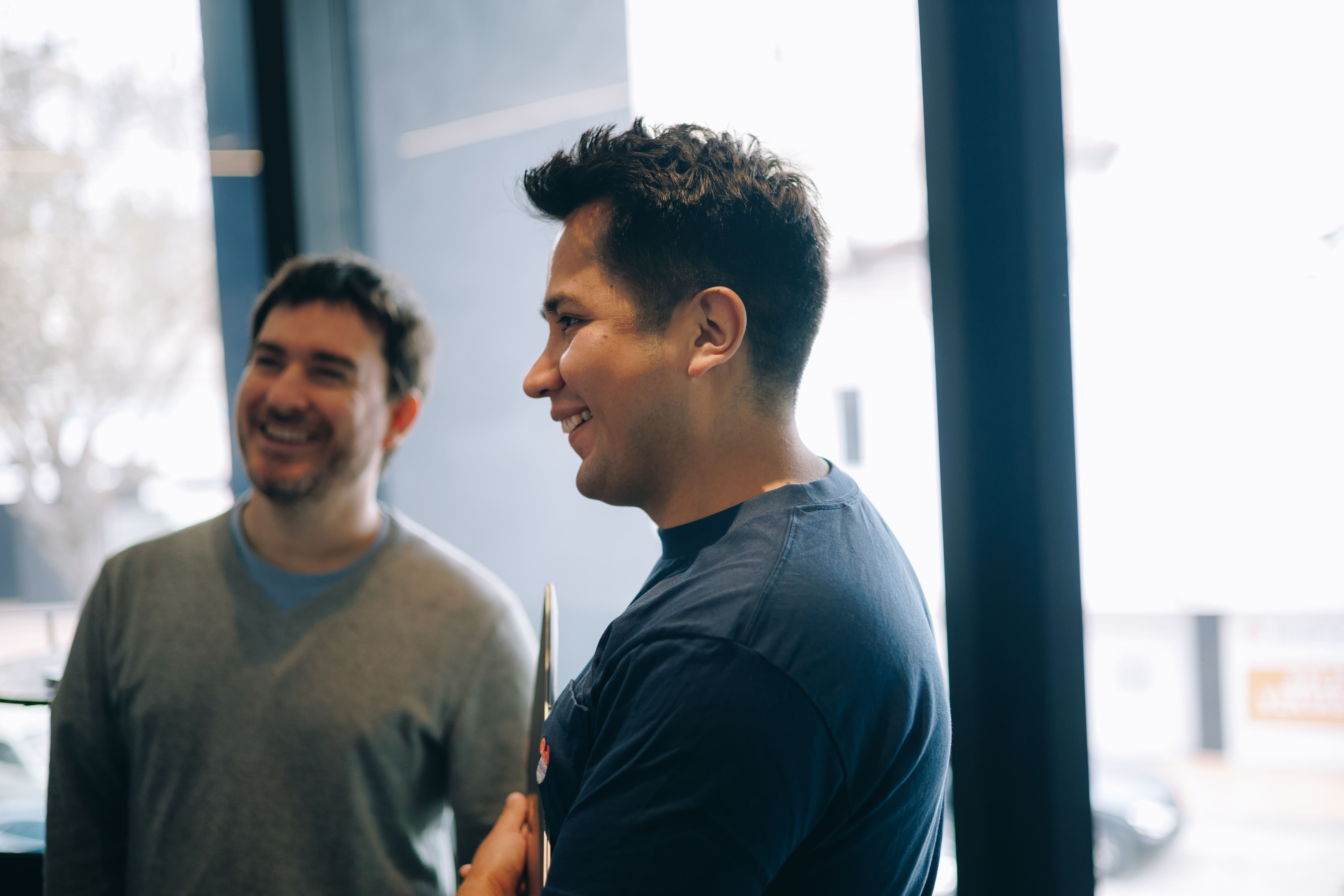
Salary Questions Don’t Have to Be Awkward
Talking about salary expectations makes some people sweat, but it doesn’t need to. If it comes up, stay calm. Offer a range based on research and experience. Something like:“Given the position, what I know about the industry, and my background, I’d expect something in the X to Y range.”That tells the potential employer you’ve done your homework — and you’re flexible, not flaky.
Don’t Skip the Thank-You Note
After the interview, send a quick thank-you note. It doesn’t need to be a novel. Just a short message saying thanks, maybe a mention of something you discussed, and a line or two reinforcing your interest in the job.Most people skip this part. Don’t be like most people. This simple gesture makes you memorable.
Tech Stuff Matters More Than You Think
If it’s a virtual interview, do a test run. Check your lighting, background, audio — all of it. You don’t want to be the one with echo or weird shadows. If it’s in person, apps like Yango Maps or Yango Ride can help make sure you’re not rushing in last-minute and flustered.Small things like this take up mental space. Taking care of them in advance lets you focus on the conversation instead.***Here’s what it comes down to: most interviews don’t go perfectly. That’s okay. What really matters is that you walk in prepared, grounded, and ready to be yourself. When you’ve done the job interview preparation, read the job description, practiced interview questions, and thought through how your skills connect with the position, you’re going to show up more confidently.So breathe. Show up. Be curious. Be honest. You’re not trying to be flawless — you’re trying to be real. And that’s what makes all the difference. If it leads to a job offer, great. If not, you’re still better equipped for the next one.
